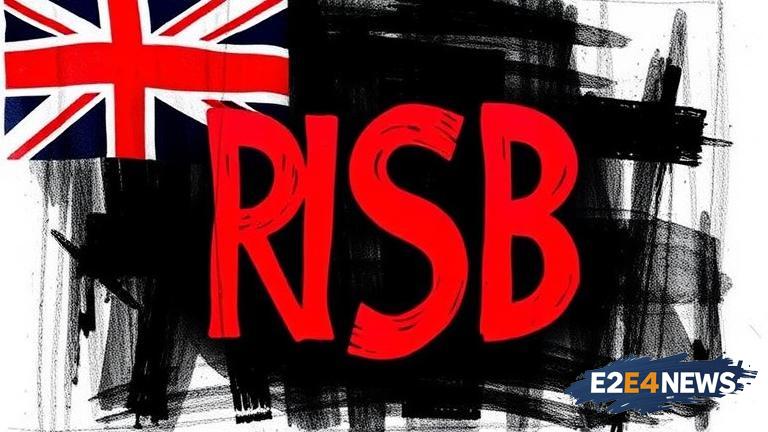The recent proposal for the RSB legislation has sparked intense debate and concern among Maori leaders and activists in New Zealand. The proposed bill has been criticized for its potential to erode the principles of Te Tiriti o Waitangi, a founding document of New Zealand that guarantees the rights of Maori people to their land, language, and culture. Many argue that the RSB proposal is a Trojan horse for Te Tiriti erasure, as it seeks to redefine the relationship between the government and Maori people. The proposed legislation has been described as a significant departure from the current framework, which recognizes the sovereignty of Maori people over their land and resources. The RSB proposal has been criticized for its lack of consultation with Maori communities and its failure to address the historical injustices faced by Maori people. Maori leaders have expressed concerns that the proposed legislation will further entrench the power imbalance between the government and Maori people, leading to the erosion of Maori rights and interests. The proposal has also been criticized for its potential to undermine the Maori language and culture, which are essential to the identity and well-being of Maori people. Furthermore, the RSB proposal has been seen as a threat to the environment, as it may lead to the exploitation of natural resources without proper consideration for the long-term consequences. The debate over the RSB proposal has highlighted the need for greater awareness and understanding of Te Tiriti o Waitangi and its significance in New Zealand’s history and identity. It has also underscored the importance of meaningful consultation and partnership between the government and Maori people in decision-making processes. The proposed legislation has sparked widespread protests and rallies across New Zealand, with many calling for the government to withdraw the proposal and engage in a more inclusive and respectful process. The RSB proposal has also been criticized by international human rights organizations, which have expressed concerns about its potential impact on the rights of indigenous peoples. In response to the criticism, the government has argued that the proposed legislation is necessary to modernize the relationship between the government and Maori people, but many remain skeptical about its true intentions. As the debate continues, it is clear that the RSB proposal has significant implications for the future of New Zealand and its relationship with Maori people. The proposal has raised important questions about the role of Te Tiriti o Waitangi in New Zealand’s governance and the need for greater recognition and respect for Maori rights and interests. Ultimately, the outcome of the debate will depend on the ability of the government and Maori people to work together to find a solution that respects the principles of Te Tiriti o Waitangi and promotes the well-being of all New Zealanders.
